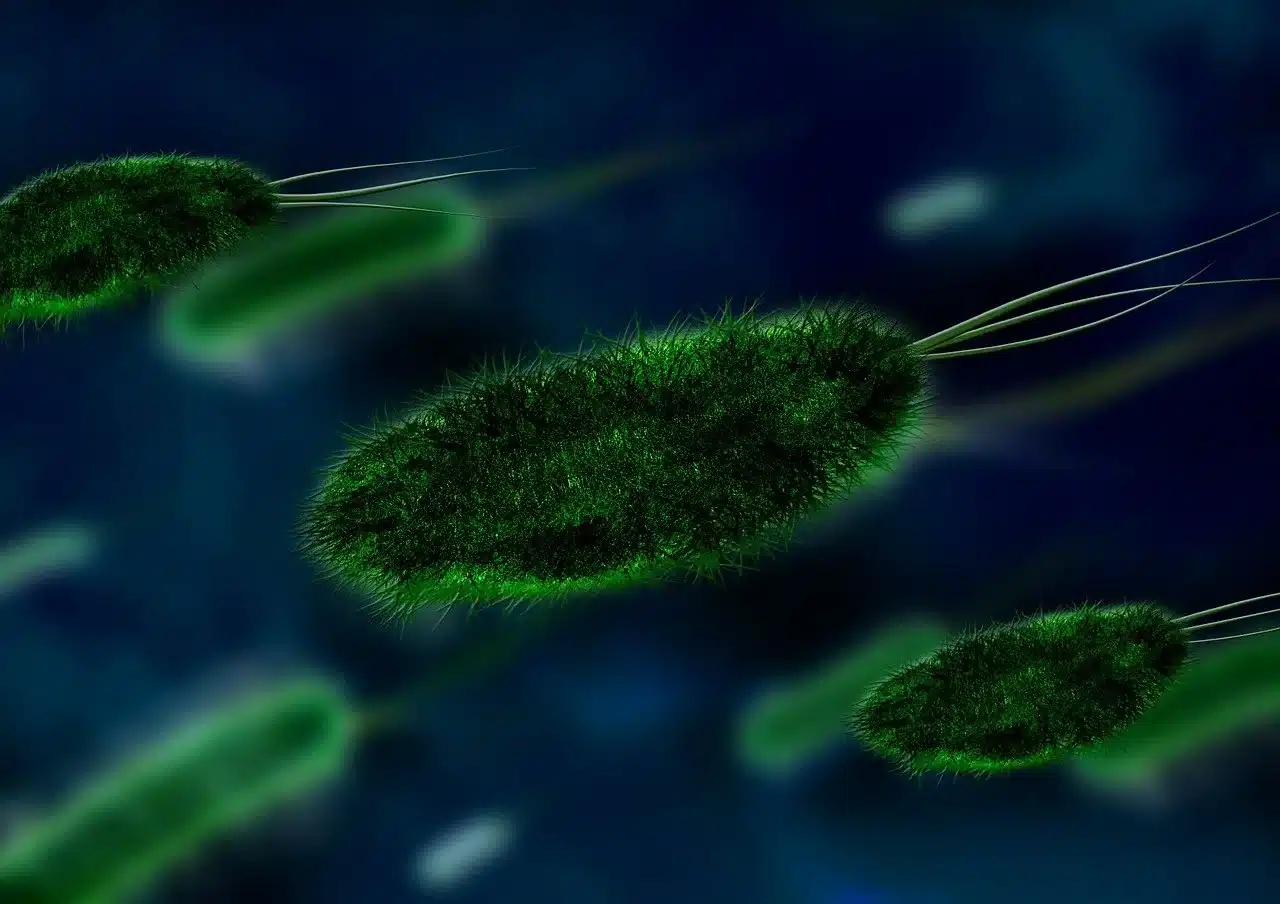Introduction:
Microbiology, the study of microorganisms, is a captivating field that delves into the unseen world teeming with life. These tiny organisms, invisible to the naked eye, wield immense power in shaping our world, influencing everything from our health to the environment. In this article, we embark on a journey into the realm of microbiology, exploring its importance, applications, and the groundbreaking discoveries that have transformed our understanding of life itself.
The Diversity of Microorganisms:
Microorganisms encompass a vast array of life forms, including bacteria, viruses, fungi, protozoa, and algae. Despite their small size, they inhabit virtually every habitat on Earth, from the depths of the ocean to the highest mountain peaks. Their diversity is staggering, with an estimated 1 trillion microbial species, the majority of which remain undiscovered and unstudied.
Importance in Health and Disease:
Microorganisms play a crucial role in both maintaining and disrupting human health. While some microbes are beneficial and essential for bodily functions, others can cause infectious diseases, ranging from the common cold to more severe illnesses like tuberculosis and AIDS. Understanding the mechanisms of microbial infection is paramount in developing effective treatments and vaccines to combat diseases and safeguard public health.
Moreover, the human microbiome, consisting of trillions of microbes residing in and on our bodies, has emerged as a focal point of research. These microbes influence various aspects of our health, including digestion, immunity, and even mental well-being. Studying the complex interactions within the microbiome holds the potential to revolutionize personalized medicine and treatments for numerous ailments.
Environmental Impact:
Microorganisms play a fundamental role in ecosystem dynamics, driving nutrient cycling, decomposition, and soil fertility. They are indispensable for sustaining life on Earth, as they break down organic matter, recycle nutrients, and facilitate plant growth. Additionally, certain microorganisms possess unique metabolic capabilities that can be harnessed for environmental remediation, such as bioremediation of oil spills and wastewater treatment.
Industrial Applications:
Microbiology has a profound impact on various industries, including agriculture, food production, pharmaceuticals, and biotechnology. In agriculture, beneficial microbes are employed as biofertilizers and biopesticides to enhance crop yields and reduce reliance on chemical inputs. In food production, microorganisms are used in fermentation processes to produce a wide range of products, including bread, cheese, yogurt, and beer.
Furthermore, the field of biotechnology exploits the genetic and metabolic diversity of microorganisms to develop novel drugs, enzymes, and biofuels. Microbial enzymes are crucial in various industrial processes, from the production of detergents and textiles to the synthesis of pharmaceuticals and biofuels, offering sustainable alternatives to traditional chemical methods.
Recent Advances and Future Prospects:
Recent advancements in microbiology, driven by technological innovations such as high-throughput sequencing, CRISPR gene editing, and single-cell analysis, have revolutionized our understanding of microbial life. These cutting-edge tools have enabled scientists to unravel the complexity of microbial communities, uncover novel species, and elucidate their roles in health, disease, and the environment.
Looking ahead, microbiology is poised to continue pushing the boundaries of scientific discovery, with exciting prospects in synthetic biology, microbial ecology, and the development of novel therapeutics. By harnessing the power of microorganisms, we stand to unlock new solutions to pressing global challenges, from antibiotic resistance to climate change.
Conclusion:
Microbiology is a dynamic and multifaceted field that holds the key to addressing some of the most pressing challenges facing humanity. From unraveling the mysteries of infectious diseases to harnessing microbial diversity for sustainable development, the study of microorganisms offers boundless opportunities for scientific exploration and innovation. As we delve deeper into the microscopic world, we gain profound insights into the intricacies of life and our interconnectedness with the microbial realm.



[…] process that governs how genes are expressed or repressed in an organism. In the context of microbiology, understanding gene regulation is essential to unravel the intricate mechanisms that control […]